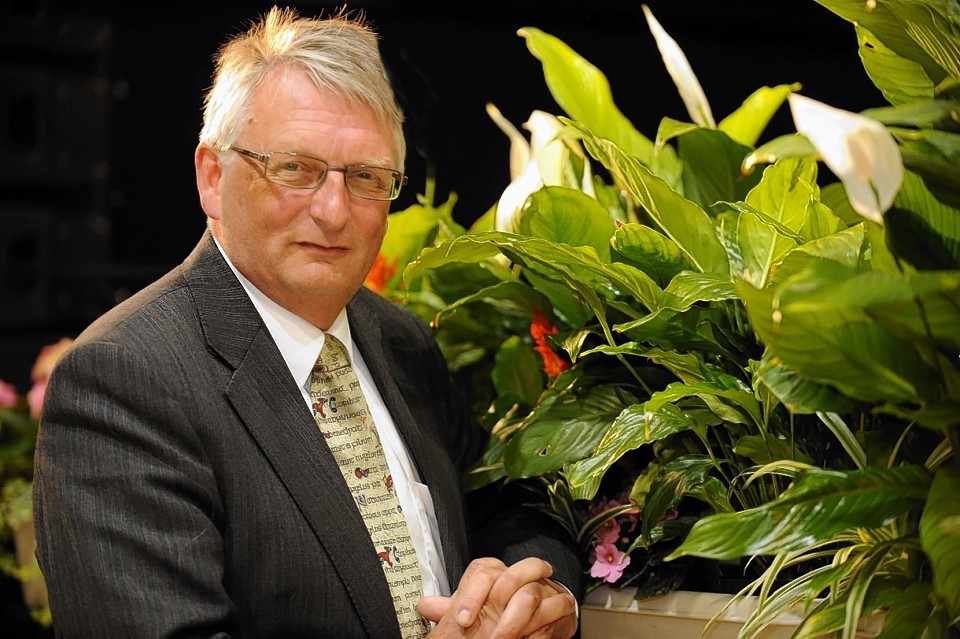One of the most high-profile local politicians in the Highlands has called for an end to “council bashing” as he prepares to bow out from the authority.
David Alston said he believed criticising Highland Council had become a “sport” for many people in a way that he has not experienced at the NHS.
After being elected to the local authority 18 years ago, the Black Isle councillor served as deputy council leader, budget leader and Liberal Democrat group leader.
He will stand down at May’s election after being appointed NHS Highland chairman a year ago.
In an interview with the Press and Journal, Mr Alston said that since taking on the new job he had been struck by the affection felt towards the health service, which he believed led to the two organisations being treated very differently.
“I’m immensely proud of the council and I think councils are very important – they are local government and it should do what it says on the tin,” he said.
“I regret the fact that I think council bashing has become a bit of a sport.
“There is a difference between the way people react to something being NHS and something being council, and I think wrongly so.”
Reflecting on almost two decades at the council, Mr Alston said one of the biggest changes, and improvements, in his time was the move to multi-member wards in 2007, and the resulting increase in representation from political parties at what was previously a council dominated by independents.
“I’m very pleased to have done it. I don’t think I thought I would do it for 18 years when I started,” the 65-year-old said.
“I’ve been through some interesting changes. When I was elected I had the smallest majority in Scotland, four or five votes, and next time around I was unopposed.
“In these days a quarter of Highland councillors were returned unopposed, and that was bad. That wasn’t democracy.
“Then there was the move to the multi-member wards, and I think that was an excellent thing because nobody gets back unopposed now, and constituents have a choice of councillors.
“There is a loss, that one-to-one relationship with your ward, which I enjoyed, but I think it has been replaced with something better, although I think there were things that were wrong.
“I think we should have had more flexibility in the number of members per ward. I think we should have kept single-member wards for north-east Sutherland and remote rural areas.”
He added: “I’ve been through and played a big part in the move from being a non-aligned council to a political council. I think it has helped to give greater sense of direction to Highland Council, a clearer strategy.
“Everybody now just takes it for granted that an administration will be formed that has a programme.”
Asked about the practice, as exists at Glenurquhart Road at present, of independent councillors forming a alliance after an election to take power, Mr Alston said: “I think that’s a weakness.
“I was originally an independent councillor and originally thought it was a good system, and I changed my mind because I saw how it worked.
“The main thing was the lack of strategy, a clear direction and the volatility, and how that disabled officials.
“People often talk about whether it is ‘member-led council’. Well I think it’s much more of a member-led council than it ever was in the past.
“In past it wasn’t because members didn’t want to lead it, so the only way it could run was by officials stepping into the gap. So I think that’s a huge move forward.
“I think what the Highlands needs is clear, imaginative leadership, and it has never been more needed in this time of change.”
